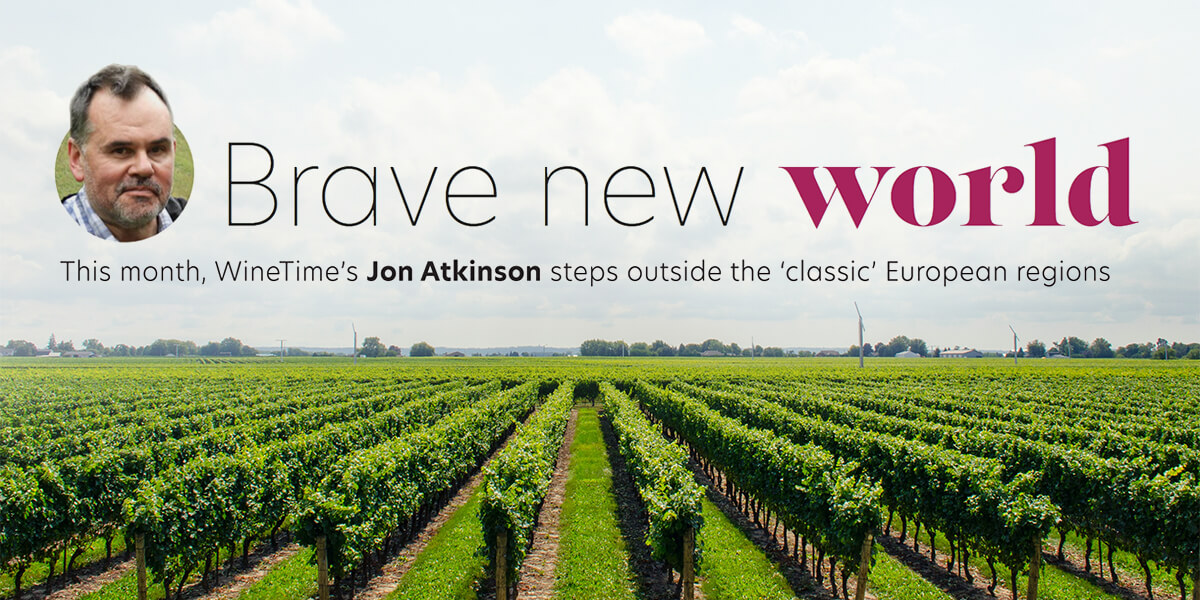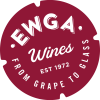A matter of winemaking philosophy than geography…
Within the wine trade the term ‘New World’ is broadly regarded as any wine producing country or region outside of Europe essentially encompassing the southern hemisphere & North America however, legendary wine broadcaster Oz Clarke puts a different & arguably more pertinent spin on the matter. “New World is more a matter of winemaking philosophy than geography.”, the implication being that outside of the classic European wine regions, winemakers are not bound by the constraints of rules laid down by AOP, DOP or any number of other governing bodies that determine which grapes can be grown, where they can be grown, in what quantities and any number of other regulations largely determined by tradition.
Whilst the majority of wines ‘badged’ as ‘New World’ will undoubtedly come from outside of the classic European regions, there are areas within Europe where there is more flexibility. These largely come under the IGP (formerly Vin de Pays, Vino de la Tierra Etc.) banner where greater experimentation in terms of choice of grape varieties, winemaking techniques Etc. is allowed.
Why New World wines have become so popular?…
Although wandering through the wine aisle of pretty much any supermarket, you could be forgiven for thinking that the ‘New World’, Australia in particular, was responsible for the vast majority of wine produced, France, Italy and Spain all produce significantly more wine than any one country in the southern hemisphere. This begs the question as to why ‘New World’ wines have become so popular? A popular theory is that varietal labelling makes them easier to understand. Another is that their largely straight-forward accessible fruit-driven style makes for easier / less formal drinking. Whatever the reason they are undoubtedly hugely popular and will continue to be so.
A little different to the rest…
South Africa is perhaps a little different to the rest of the southern hemisphere – with a 400+ year old wine making heritage, its winemakers have been known to feel a sense of indignation at being lumped in with the ‘Johnny-come-latelies’ of Australasia and South America. Indeed, many Cape wines seem to encompass a more elegant / subtle style that sits in between the classical European ‘model’ and the more fruit-forward style that we have come to expect from Australia, California et al.
So, on to some recommendations…
Las Perdices Mendoza Albariño Reserve 2021 – Mendoza, Argentina
Albariño has rapidly established itself as one of the more popular white varieties being delicious to drink as an aperitif but really coming into its own when paired with fish or seafood. It is believed to have originally come from Norther Portugal where it is known as Alvarinho, but it is over the border in the Rías Baixas region of Galicia to the north of the Minho River that it has really come into its own. This excellent example comes from somewhat further afield – Argentina to be precise. The Muñoz brothers at Viña Las Perdices in the highly regarded Agrelo sub-zone of Mendoza grow a bewilderingly wide range of varieties, any number of which I’d have been happy to feature here. This, however, is a superb example; crisp & fresh, yet rich with a delicate peach character.
Valle Secreto ‘First Edition’ Carmenère 2019 – Cachapoal Valley, Chile
Established as recently as 2007 by two Chilean businessmen, both from an FMCG background and with a shared love of wine. They are committed to producing the best possible wine in the upper reaches of the Cachapoal valley some 130km south of Santiago. Theirs is very much a boutique winery with just 40ha of vineyards, planted predominantly to red varieties in what is a superb, vine growing climate. This is a wonderful Carmenère, a grape originally from Bordeaux, stylistically somewhere in between Cabernet Sauvignon and Merlot that up until relatively recently was believed to have become extinct! This confirms that it is alive and well and positively flourishing in Chile!
Matahiwi Estate Pinot Gris 2021 – North Island, New Zealand
Matahiwi Estate is an award-winning family-owned winery situated in the Wairarapa Valley with a hands-on approach to winemaking. Their focus is to create wines that capture the natural fruit flavours of the vineyard by tank fermenting the juice using yeasts that can ferment at low temperatures, resulting in a complex and multi-dimensional wine. The fruit for their Pinot Gris is grown on the free-draining river terrace of its home vineyard. Warm days and cool nights allow for a long ripening period guaranteeing ripe and fresh fruit. The result is a typically varietal nose with pure aromas of melon, pears and citrus zest. The palate is supple and juicy, with luscious tropical fruit and a fine mineral thread, leading to a fresh and sustained finish.
Meerlust Rubicon 2017 – Stellenbosch, South Africa
Long recognised for producing premium wines, Meerlust Estate has been the pride of the Myburgh family since 1756. Today, the dedication to the art of winemaking continues under the guidance of Hannes Myburgh, 8th generation custodian of this 17th Century national monument. Meerlust, meaning ‘pleasure of the sea’, as the Meerlust were the pioneers of Bordeaux varietals in the Cape and were the first to produce their iconic, award-winning wine ‘Rubicon’. The wine has a deep, youthful colour and an intense, almost purple hue. A classic Rubicon nose of violets, ripe plum, cedar wood and intense spiciness. A typical liquorice note is also evident on the nose. The palate is full-bodied and structured but packed with fresh dark fruit and rounded, linear tannins.
If you are interested in any of the aforementioned wines or would like to discuss your wine requirements with our wonderful team, simply email [email protected] or give us a call on 01524 737 100.



